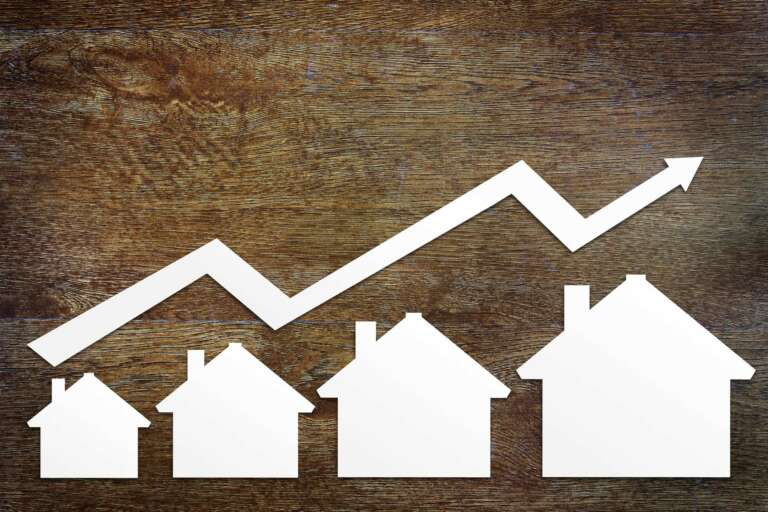
If you’ve never been through the home buying process before, it’s essential to understand all the factors that will affect your mortgage costs. While you can use a house payment calculator to get a rough idea of your monthly mortgage payment, the interest rate on your loan is influenced by everything from the type of loan to your credit score and whether you use discount points, among others.
Risk is a primary factor in your mortgage rate as there is always a chance borrowers will fail to repay the debt at some point which is known as defaulting on the loan. The riskier the borrower, the higher the interest rate, which is why the following factors will affect your overall costs.
Credit Score
As you probably know, your credit score is a three-digit number based on the information in your credit report, such as whether or not you pay your bills on time, the amount of credit you have, and your credit balances. If you have any collections on your report or routinely make late payments, you’ll have a lower credit score.
Lenders use your credit score for risk analysis, with borrowers who have high scores considered lower risk, while those with low scores are seen as a more considerable risk.
The Type of Home
Different types of homes are linked to different risk levels, all based on the likelihood of default. A single-family home purchased as a primary residence rather than a vacation home poses the lowest risk, whereas second homes usually have a higher default rate. The reason is pretty apparent: a person struggling to pay their bills is more likely to continue paying the mortgage on the home they primarily live in if forced to choose between the two.
Down Payment
The amount of your down payment is also likely to affect your interest rate. The more you put down, the less of a risk there is to the lender. A larger down payment means a lower loan-to-value ratio, whereas a smaller down payment results in a higher loan-to-value ratio which can mean a higher mortgage rate.
The Amount Borrowed
The more you borrow, the bigger the risk to the lender simply because there is more money involved, therefore a higher potential for financial loss. Typically, borrowers who choose a conforming loan that meets the size restrictions set by Fannie Mae and Freddie Mac qualify for lower rates than those who take out jumbo loans as they’re too big to be sold to Freddie or Fannie.
Do keep in mind that in recent years, jumbo loans have had lower rates on average, especially in pricier markets where they are more common.
Points Paid at Closing
If you can afford to pay a little more upfront at closing, you can minimize your long-term interest costs. Whether or not you pay points at closing is another factor affecting total mortgage costs as it’s a form of prepaid interest. One point is equal to one percent of the total amount loaned.
The Lender
It’s important to shop around just like you would for any big purchase as lenders vary in their rates based on their own business models. Obtaining quotes from multiple lenders can potentially save you thousands of dollars.
Ask each lender why you’re offered a particular mortgage rate and whether there is a way to secure a lower rate, such as paying discount points. Any reputable lender will take the time to explain all of your options.